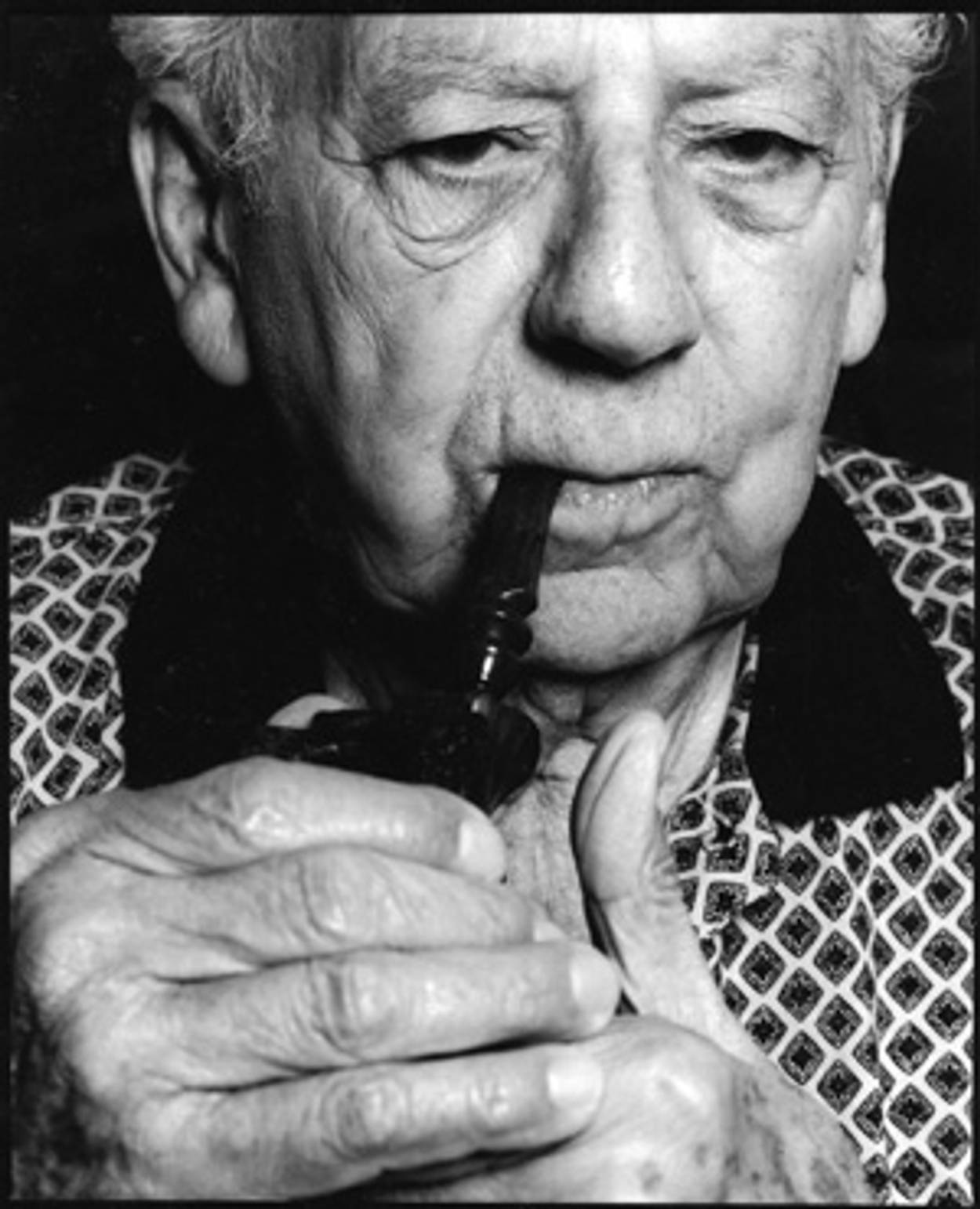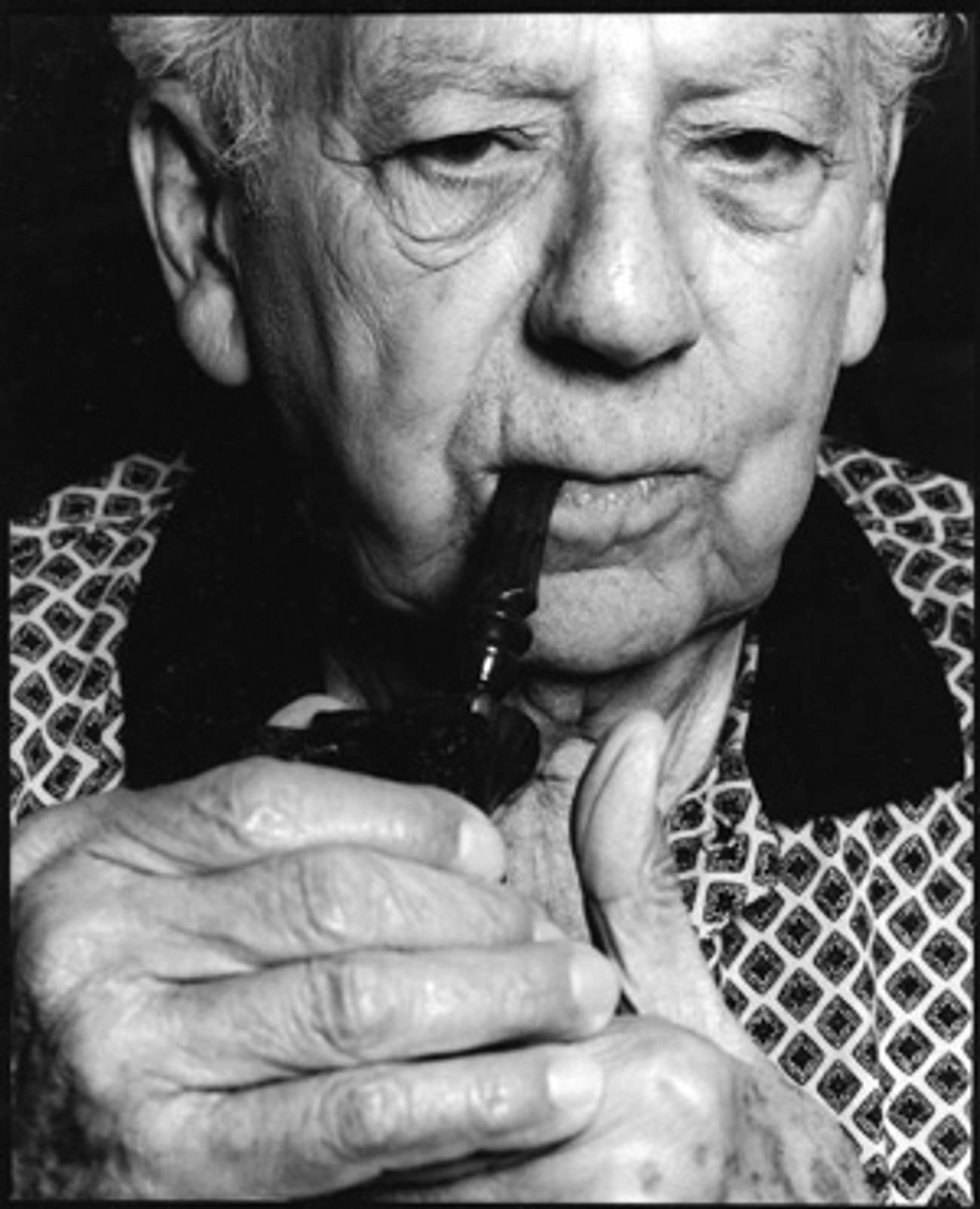Dream of Fields
Notes from an “as-told-to” autobiography of a music legend




First Meeting: Arrive at Nino’s Tuscany, an Italian restaurant on West 58th Street. At age 93, Irving Fields still plays at Nino’s six nights a week for tourists, regular patrons, locals, and the occasional celebrity. Few of them know anything about the 75-year career of the white-haired, nattily dressed man who ambles from table to table taking requests. I.F. has played professionally in New York City’s society cafes, hotels, and nightclubs since the mid 1930s; wrote songs performed and recorded by Louis Armstrong, Frank Sinatra, Sarah Vaughan, Dean Martin, and Xavier Cugat, including the hits “Miami Beach Rhumba” and “Managua Nicaragua”; and pioneered the Jewish-Latin musical fusion that made him a star in the 1950s with albums like Bagels and Bongos (still beloved by lounge fans and Jewish hipsters today).
I.F. has asked me to collaborate with him on his autobiography, which he wants to call The Pianos I’ve Known. Has it in his head and on tape but never got any of it down on paper. I jump at the chance.
We arrange weekly meetings at his Central Park South apartment to discuss various aspects of his career and life. He asks if I have any questions before we start. What was the worst place he ever played? “Oh, that’s a good question! Let’s see … it was some Chinese restaurant upstate where the owner never had enough money to pay us, so he’d pay us in food. It was a dump!” Pauses. “But I don’t really want to talk about the bad stuff. I’ve played so many wonderful places in my life, I’d rather discuss those.” Can’t wait!
Interview #1: Plan to kick off interviews by asking about early days of the Irving Fields Trio. Instead, I.F. discusses his memorable sexual encounters—“I’m a very sexual person.” Mentions first time he made love in the ocean: “It was quite relaxing, actually. And afterwards, when we were holding each other and treading water, I felt something nibbling on my ding-dong. It must have been a fish or something.” Create chapter of sexploits—working title “Around The World In 80 Dames.” I.F. likes it. Keep “ding-dong”?
Interview #5. I.F. mentions new song he’s recorded, “YouTube Dot Com” and says it’s the featured video on YouTube. No idea what he’s talking about—he doesn’t even have a computer—but return home later to find out that he is in fact featured and has gotten more than 700,000 hits to date. Turns out one of his fans came to his home to record him. Song took 15 minutes to write. Add chapter about how he became an Internet celebrity.
Interview #7: I.F. calls and says he has “extremely important news” and must see me ASAP. Move up meeting by a day. I show up with digital recorder and note pad at the ready. “Did I tell you about my idea for a game show?” Yes. “Did I tell you about my comedy record by my alter ego, Joe Putz?” Yes. “Did I show you the lyrics for ‘Happy Farter’s Day’?” Yes. “OK, very good. Let’s go get some lunch.”
Interview #10. Try to get more background on what recording sessions for Bagels and Bongos were like, apart from “We just did them. We knew what we were doing. And it became a big hit.” Ask if he was aware of the impact they’ve had on contemporary Jewish music, I.F. demurs: “My audience is made up of all races, religions, ethnicities. I don’t want to focus on the Jewish thing.” I counter that he’s been a part of Jewish popular culture since the 1920s. “My music appeals to everyone.”
Interview #13. Shows me campaign song he’s written for McCain, “McCain Can.” Add to “How Songs Are Born” chapter with other campaign songs for Reagan, Bush I, Giuliani and Bloomberg. “This is important—mention that I’m not affiliated with any party. My attitude is, may the best man win.” I mention that everyone he’s written songs for is Republican. I.F. pauses, contemplates for a moment. “People are dumb. They won’t figure it out.”
Interview #17. I.F. gets autographed picture and birthday greetings from Pres. Bush in the mail. Immediately faxes every media contact he knows—”This is an item!” Considers asking Bush to pressure Tony Bennett to record I.F.’s song “You’ll Love New York City” : “You can’t say no to the president, after all.” I.F. has tried to get Mayor Bloomberg, who also sent birthday card, to make it the official anthem of NYC, without success.
Interview #19. Book nearing completion. I.F. pats me on the shoulder and says, “It’s been a pleasure working with you.” I tell him the pleasure’s been all mine. As I get ready to leave, I.F. says “Did I tell you the story of the tree? No? OK, here’s the story of the tree.” Points to large plant on a coffee table with a papier-mâché bird attached to one of the stalks, with stuffed monkey leaning against the planter and a porcelain dog with one leg lifted on the floor beneath it. “See, the bird, he’s pissing on the monkey’s head. The monkey, he’s got a shmuck, and he’s pissing on the dog. And the dog is pissing on the carpet.
“And that’s the story of the tree.”